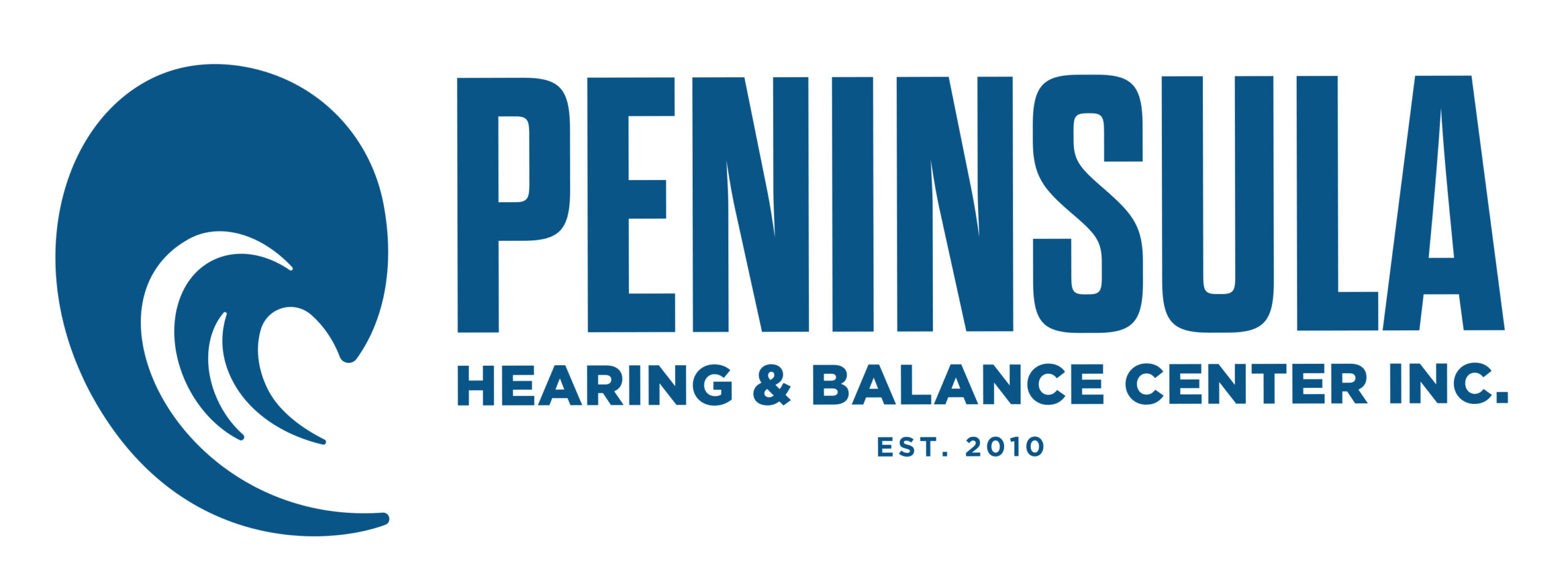Hearing aids can significantly enhance someone’s quality of life by improving their ability to hear and interact with their surrounding environment. Deciding whether to rent or buy hearing aids though is an important decision that depends on various factors such as one’s budget, lifestyle, and needs.
Benefits of Renting Hearing Aids
Renting hearing aids can be a more affordable option, especially for those who need them for a short period. It involves lower upfront costs than purchasing, which can benefit budget-conscious individuals.
Renting often provides access to the latest hearing aid technology without paying the full price. Technological advancements can significantly enhance the user experience by offering features like noise reduction, Bluetooth connectivity, and rechargeable batteries.
With rented hearing aids, upgrading to newer models is more accessible. This flexibility ensures that the hearing aids remain aligned with the latest technological advancements and personal hearing needs.
Renting allows for the flexibility to return or exchange the hearing aids if they do not meet expectations. This can be particularly useful for individuals who are new to using hearing aids and are still determining what works best for them.
Downsides of Renting Hearing Aids
Rental hearing aids may not offer the same level of customization as purchased ones. Customized hearing aids are often tailored to fit the specific shape of the ear and the individual’s hearing loss pattern, something that might not be available with rental options.
While renting hearing aids can be cheaper initially, the cumulative cost over time may eventually exceed the price of purchasing. Continuous monthly payments can add up and become a significant financial burden. Renting means that the hearing aids are not owned, which limits the ability to make modifications or personalize the device as desired.
Advantages of Buying Hearing Aids
Purchasing hearing aids can be seen as a long-term investment, which might save money in the extended run compared to renting. Once purchased, there are no recurring rental fees, making it a potentially more economical choice over time.
Owned hearing aids often come with the option for customization. This includes fitting the hearing aids specifically to the user’s ear shape and tailoring them according to the degree of hearing loss. Such customization enhances comfort and effectiveness.
Some insurance plans cover most of the cost of purchasing hearing aids. Checking with an insurance provider about available coverage can help reduce out-of-pocket expenses.
Owning hearing aids also provides complete control over the device. This includes the ability to make adjustments, add accessories, or seek repairs without the constraints that come with renting.
Disadvantages of Buying Hearing Aids
The upfront cost of purchasing hearing aids can be quite high, which might be a financial strain for some individuals. This initial investment may deter those unable to afford the lump sum payment.
Technology for hearing aids is continually evolving. There is a risk that purchased hearing aids may become outdated, and upgrading to new technology may be expensive without renting options.
While owning hearing aids allows for personalized adjustments, it also means that the responsibility for maintenance and repairs falls solely on the owner. These additional costs can accumulate, particularly with older devices.
Making the Right Choice
Deciding between renting and buying hearing aids is a personal decision influenced by several factors. The length of use, the need for customization, financial constraints, and the importance of having the latest technology must be considered. Consulting with a hearing health professional like us can help provide additional guidance tailored to one’s specific hearing needs and preferences.

